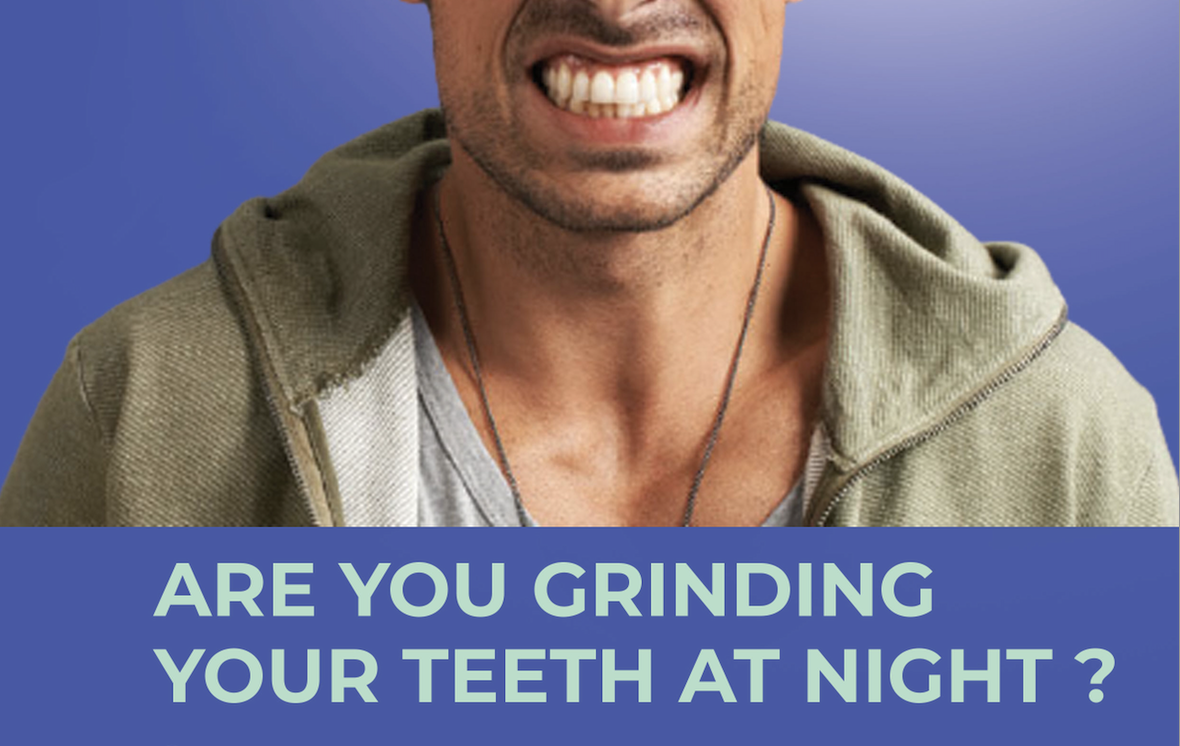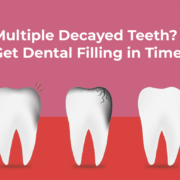A night guard is a removable dental device that is designed to be worn in the mouth while you sleep. It helps protect your teeth from the effects of grinding, clenching, and other stress-related habits. Wearing it can also help reduce snoring and other sleep-disrupting noises. It is an important tool for protecting your teeth and improving your overall oral health. In this article, you’ll learn all you need to know about nightguards, including their uses, benefits, and more.
What is a night guard?
A night guard is a dental device that is used to protect worn teeth from further damage. Can also be used to treat teeth grinding, clench headaches, and snoring. It is a type of dental guard that is custom-fit to your mouth to protect your teeth and gums during the night. They are designed to be worn while you sleep and removed during the day.
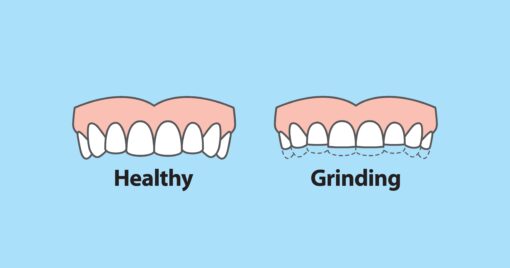
It is usually made of a material such as acrylic, composite, thermoplastic, or metal alloy. The material used to make the it will depend on your specific needs. For example, if you grind your teeth, you may need a device that can withstand a lot of abuse. If you are allergic to certain materials, your dentist may recommend a guard made of a material that doesn’t contain nickel.
Uses of a night guard
It can be used for a number of different dental conditions, including teeth grinding, teeth clenching, TMJ disorders, and more.
Teeth grinding – Teeth grinding is a condition where two teeth come into contact and create a grinding motion. This type of grinding can cause wearing and breakage of the teeth and should be treated with a dental appliance like a nightguard.
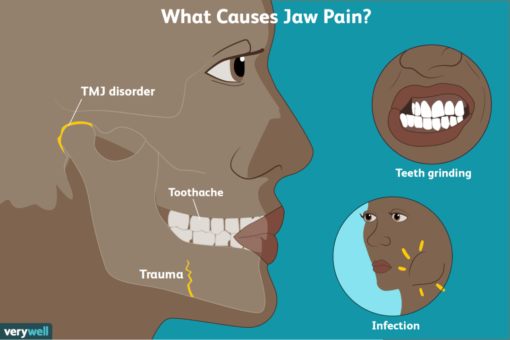
Teeth clenching – Teeth clenching is a condition where the teeth are brought together without any grinding. This type of grinding can cause jaw pain and headaches but can also be treated with a night guard.
TMJ disorders – TMJ disorders are conditions like TMJ arthritis and TMJ headaches that can be treated with a night guard to relieve pain and prevent further damage.
Benefits of Sleeping with night guard
Protects teeth from damage – A night guard can help protect your teeth from further damage. Grinding, clenching, and other habits can put stress on teeth and cause sensitive teeth, tooth decay, gums that are receding, and cracks in the teeth. It can help prevent many of these issues.
Helps reduce snoring and sleep interruptions – Wearing a nightguard can also help reduce snoring and other sleep interruptions. If you have a sleeping partner, you may have experienced the disruption of snoring. If you wear a night guard, you may be able to prevent this disruption.
Helps treat TMJ – Some night guards are specially designed for people who have TMJ (temporomandibular joint) disorder. These can help reduce pain from TMJ.
Helps prevent early tooth loss – Brushing and flossing are important for good oral health, but sometimes they are not enough. If you wear a night guard, you may be able to prevent early tooth loss.
How to choose the right night guard?
✭ If you wear a night guard, you should replace it every 3 months. If you wear it for more than 3 months, you may endanger your gums and teeth. So if you have been wearing a dental guard for more than 3 months, you should schedule an appointment with your dentist.
✪ If you wear a night guard to treat tooth grinding, you can choose a ready-made one. But if you have other serious dental issues, you may need to see a dental professional for a custom-made dental guard.
✭ If you wear braces, you can choose an orthodontic night guard to protect your teeth and gums.
✪ If you have TMJ disorder, you may need a special night guard. Your dentist can help you find the right dental guard for your condition.
✭ If you have sleep apnea and wear a dental appliance, you may need a special night guard. Your dentist can help you choose the best dental guard for your condition.
Why use a night guard?
1. Prevents Tooth Damage
A nightguard ensures that your upper and lower teeth have no contact while you sleep. Teeth grinding is common and causes an abundance of problems for your teeth.So you don’t have much control over it unless you use a night guard. Grinding causes teeth to lose enamel. Enamel loss leads to over-sensitive teeth.
2. Reduces Facial Jaw Tension And Pain
Another common thing that we do without control in our sleep is clenching our jaw. The jaw joint that undergoes tension is the temporomandibular joint or TMJ. Wearing a dental night guard reduces both jaw tension and pain caused by TMD. One cause of TMJ is bruxism because the pressure of teeth grinding negatively impacts the muscles, nerves, and ligaments around the jaw. Using a nightguard can ease muscle fatigue and relieve you from the pain of TMJ.
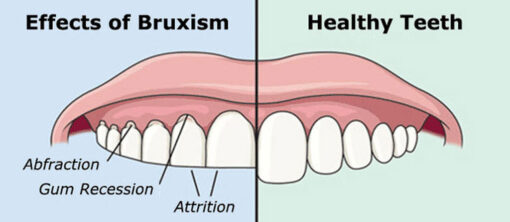
3. Prevents Headaches
If you’ve been waking up with headaches, then you might be grinding your teeth and clenching your jaw. Teeth Grinding and clenching also causes headaches and toothaches. But having a night guard custom made to your mouth helps prevent these issues.
5. Prevents Snoring while sleeping
Although snoring may be a bigger issue for your partner rather than yourself, it’s still important to address the issue! And one way of doing so is by wearing a night guard! When your jaw is clenched, it creates breathing problems. And not breathing well during sleep leads to snoring. Once the night guard is in place, it keeps your top and bottom jaws from touching.
Conclusion
A nightguard is a dental device that is used to protect worn teeth from further damage. It can also be used to treat teeth grinding, clench headaches, and snoring. Wearing a night guard can help prevent many dental issues, including sensitive teeth and tooth decay. And it can also help reduce snoring and other sleep interruptions. If you have any of these issues, you may benefit from wearing it.

